DERA GHAZI KHAN: In February 1918, Sardar Jamal Khan Leghari accompanying then assistant superintendent of police Andrews along with police and rangers inspected a crowd from his locality and conscripted the youths for the World War I.
On May 24, his son Sardar Farooq Leghari accompanying President General Pervez Musharraf arrived in the Sports Stadium, waved his hands to the penned crowd. This time the people were gathered to clap and show allegiance to the top military chief of Pakistan.
President General Pervez Musharraf’s visit to Rajanpur and Dera Ghazi Khan on May 24 and a luncheon hosted in his honour at Choti on May 27 are reminiscent of the colonial era when Lot Sahib used to visit feudal lords in the tribal belt of DG Khan.
First look at the president’s visits.
President Musharraf landed in DG Khan on May 24 and addressed a crowd of ‘keen, clapping’ at the Sports Stadium. Later, he visited Rajanpur and delivered a sermon at the Farid Airbase about his service amid the applause of the crowd.
The organisers of the ‘public’ rallies classed the participants into elite and non-elite. The elites were accommodated in air-conditioned part of the ground while the non-elite sat in hot and humid ground partly covered with tents.
The elite class attended the meeting with a pride while the non-elite herd was forced to make to the venue.
This despicable thingification of humans witnessed in the forcibly collected mob is not new to DG Khan. This reminds one the days of conscription of the youths by feudal lords for the English colonial war.
In February 1918, then assistant superintendent of police Andrews visited the city on the invitation of Sardar Jamal Leghari. Andrews, however, was not fond of delivering sermons in front a rented crowd. He came here to undertake conscription and after doing the job he left the city.
In the World War I, the population of Punjab was 13 per cent of the United India while 60 per cent recruits were taken or conscripted from this province with the help of tribal chiefs.
Imperial interests demanded that tribal conflicts be replaced by tribal quiescence and law and order.
Thomas Thornton, who served foreign secretary to the government of India, in his biography of Sir Robert Sandeman, says that Sandeman resurrected the tribal organisation of the Baloch, which he found in a rapid decay. He re-established the position and dignity of the tumandar or chief of a tribe. These tribal chiefs rendered yeoman services to the British government during the mutiny of 1857. Sandeman “organised these tribes under competent chiefs and headmen, composed their differences, enriched them by giving them work in canal excavation ....”
It can be seen in the War History Report of DG Khan that despite the fierce resistance offered by the people and certain clans even underage boys were conscripted for the war.
Sir Nair in his book, Gandhi and anarchy, writes about conscription in India. He says people cried against conscription. They were forcibly brought from the villages and beaten with sticks. They were made to stand naked right before their women with their hands bound and their shoes placed on their heads.
Referring to unofficial wielders of power and influence in the districts of British western Punjab, Malcolm Darling observes, “...the peasantry, almost to a man, confess themselves the servants of one true God and of Muhammad, his prophet, but in actual fact they are the servants of landlords, moneylenders and pir (spiritual guide)”.
Darling in his book, Rusticus Loquitur, continues: “Both in Muzaffargarh and DG Khan, landlords are described as all throat stranglers. In Mianwalli most of the landlords are tyrants. The landlords in the district of Jhang and in some parts of Multan are more powerful than officers that they inspired such fears in their tenants that they can take from them what service they pleases.”
Times have not changed much for the elite and non-elite classes.














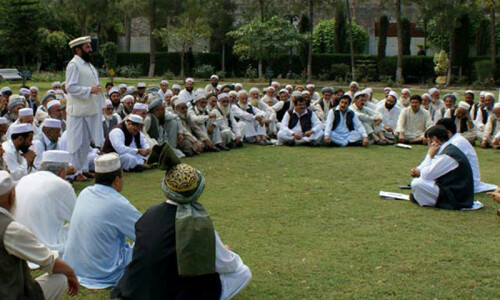

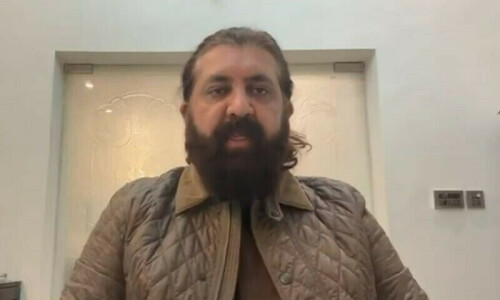
















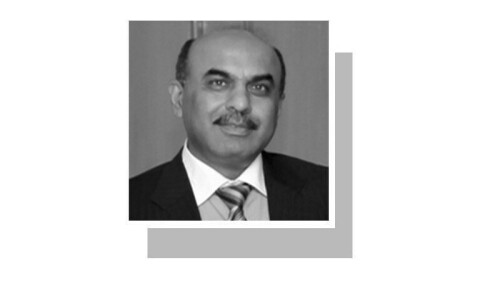


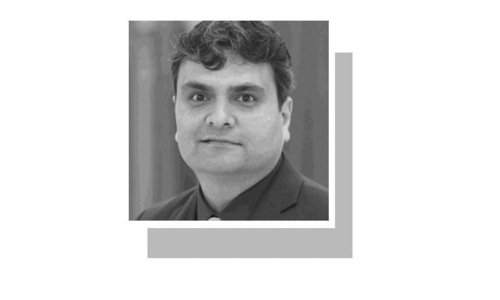
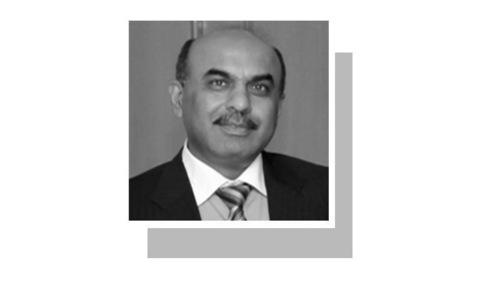








Dear visitor, the comments section is undergoing an overhaul and will return soon.